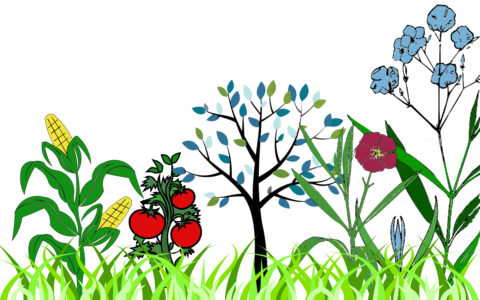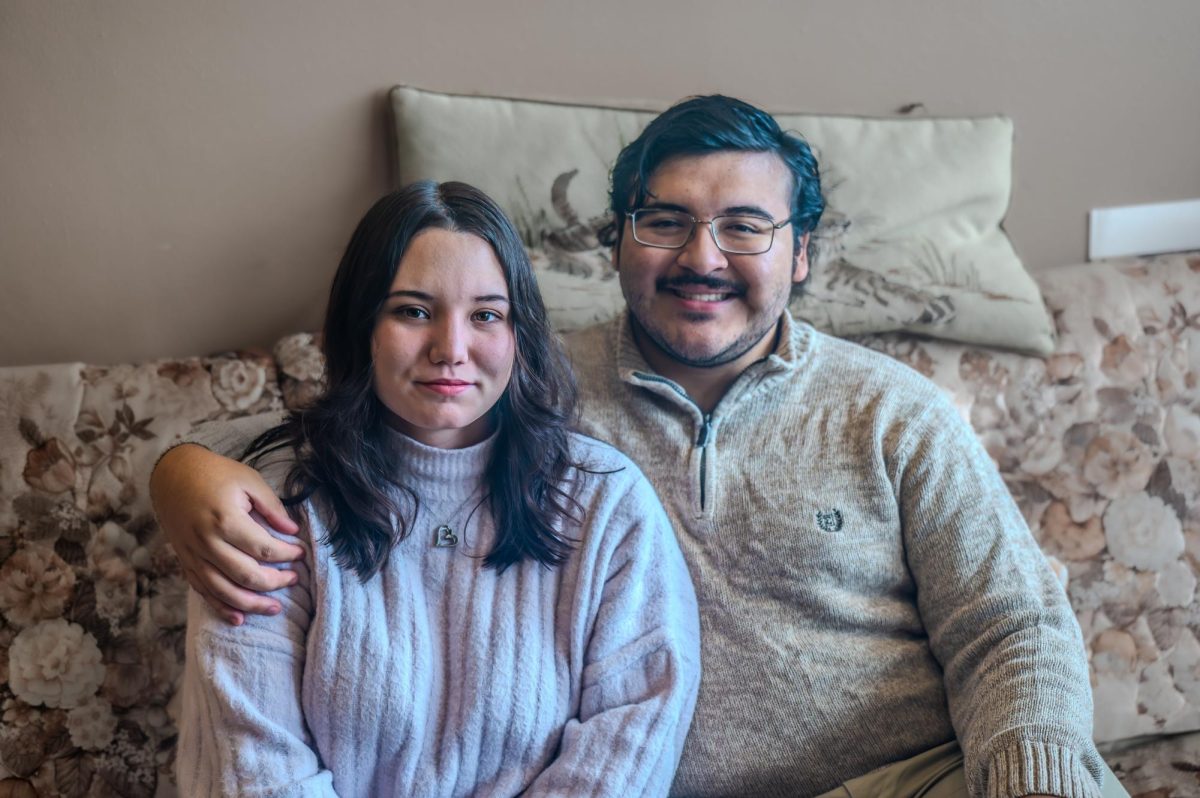
Students passionate about local foods could soon be able to get their hands dirtier in the realm of food justice — literally. Grinnell College may become home to its very own on campus farm, as a proposal initiated by the Center for Prairie Studies may soon get the administrative green light.
Many groups support the idea for the project, including the Center for Prairie Studies, Bob’s Underground Café and Food for Thought. It has long been tossed around in the College administration, but in its current iteration it started several years ago, thanks in part to Rabbi Rob Cabelli, a member of the Center for Prairie Studies Advisory Board.
“My involvement in the farm project … began with feeling soon after I arrived here that a farm associated with the College would be a tremendous asset to the college, to the students, to the social justice mission and frankly all the missions of the College,” Cabelli said. “So I associated myself with the Center for Prairie Studies soon after coming here … four years ago and then became involved in what became a renewal of attempts to create a College farm.”
Cabelli added that the project gained steam after members of the Center for Prairie Studies met with the trustees to decide whether or not to purchase and construct a wind turbine. Some trustrees were hesitant about the wind turbines, so Cabelli’s idea was a fine alternative.
“I proposed a different thing, which was the College farm, and there were some trustees who saw that very very favorably,” Cabelli said. “That probably helped me, and maybe even the Center for Prairie Studies, in feeling that this is what we really need to take on, and use that interest as a springboard.”
The Center for Prairie Studies then spent time drafting and revising proposals to build a farm right on campus. The Center submitted a proposal for the farm to the Innovation Fund a year ago, but the project was rejected for being too costly. Instead, the Innovation Fund granted the Center 10,000 dollars to explore and revise their proposal.
“Based on those visits and on further conversations, we decided to go ahead and submit this year — in effect, resubmit,” said Professor Jon Andelson, Director of the Center for Prairie Studies.
“Rob [Cabelli], Molly [Schintler, Real Foods Coordinator] and I have drafted the new proposal, which is due on the twentieth of September to the Innovation Fund,” Andelson continued. “The main categories in the budget are farm manager, consultants, who will be area farmers, student workers, programming, infrastructure costs … and farm operating costs like seed and so on. The limit on Innovation Fund proposals is three years, with a maximum of 50,000 dollars per year, and that’s exactly where we are.”
Andelson noted that he, Cabelli and Schintler will submit this proposal next week, and are hoping to hear back from the Innovation Fund as soon as possible.
“If we get funding, we would really like to start right away,” he said.
In addition to the Center for Prairie Studies, many student organizations have taken interest in the proposal to create a farm. The students at Bob’s, for example, see a College farm as a way to sell more locally produced food to the student body.
“Right now, all of the food we have at Bob’s is sourced from Walmart, so we definitely want to work on getting real food into Bob’s,” said Alosha Southern ’17, who works at Bob’s. “Rabbi Rob has this vision … of Bob’s becoming the College eatery, like a lot of liberal arts schools have that on campus where there’s a café or something that serves only foods that are grown locally.”
Additionally, the student group Food for Thought has been doing their part to raise support for the farm project.
“Our goal is to get what we qualify as ‘real food’ on the College campus,” said Julia Dornbusch ’17, a member of Food for Thought, “So the food that’s produced from the College farm, that’s going to the Dining Hall, would directly relate to that goal of getting 20 percent real food by 2020. So as a group, we’re just doing what we can to support them, writing statements of support. Having a farm on campus would be a really valuable educational tool for college students as well as for community members.”
Cabelli agrees strongly with that sentiment.
“I don’t believe that there’s a single program or project that would be more transformative of the College or do more to help the college fulfill its entire package of mission, values and goals than the farm,” Cabelli said. “The farm as we envision it would have curricular and co-curricular components. The experience of students working on the farm, working with a professional farm manager, the experience of students eating the produce from the farm, all will be of enormous value of students.”
Students interested in helping the farm proposal get approved can sign a petition online.



















































